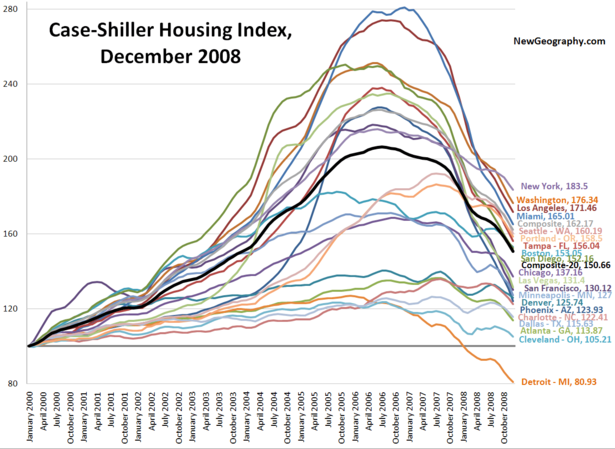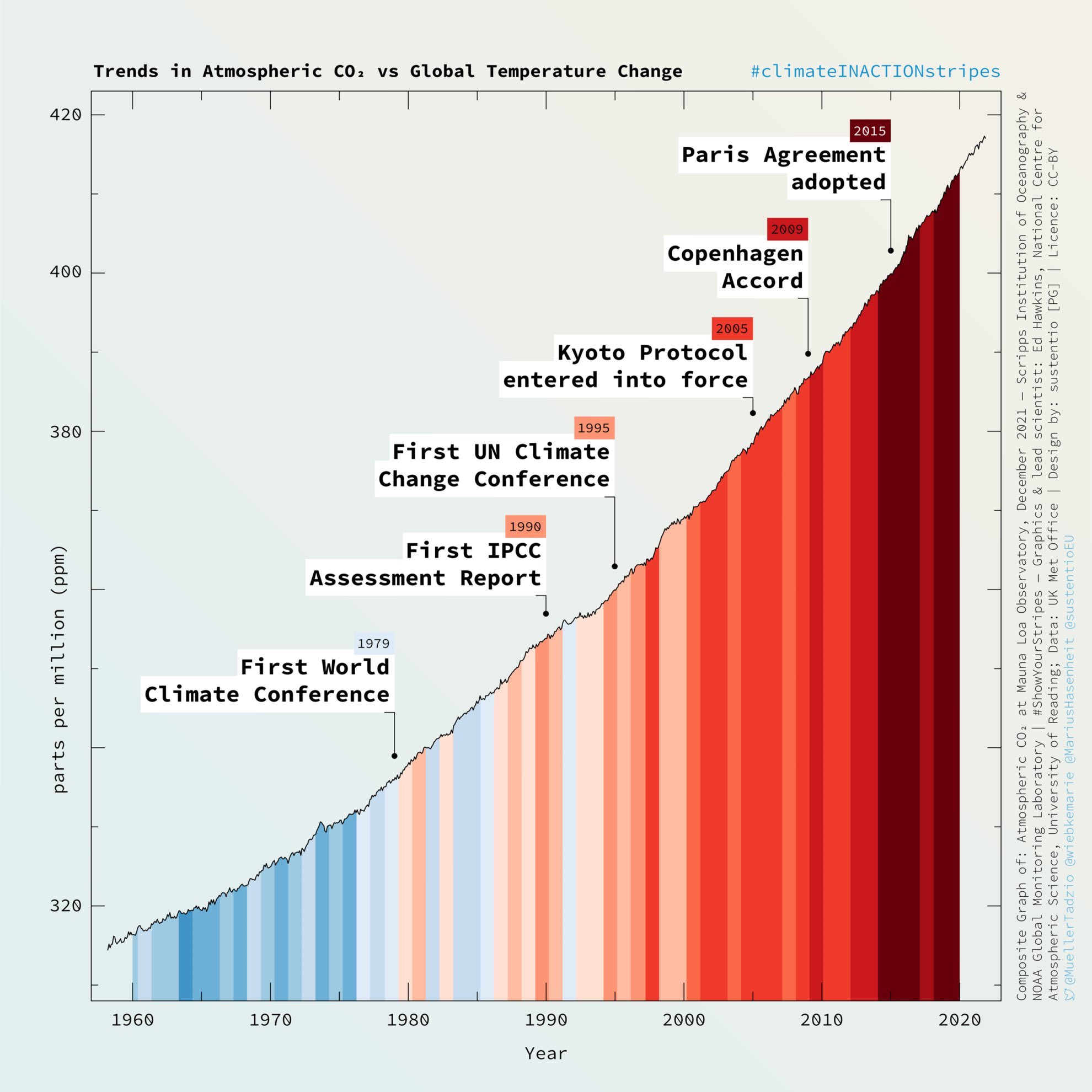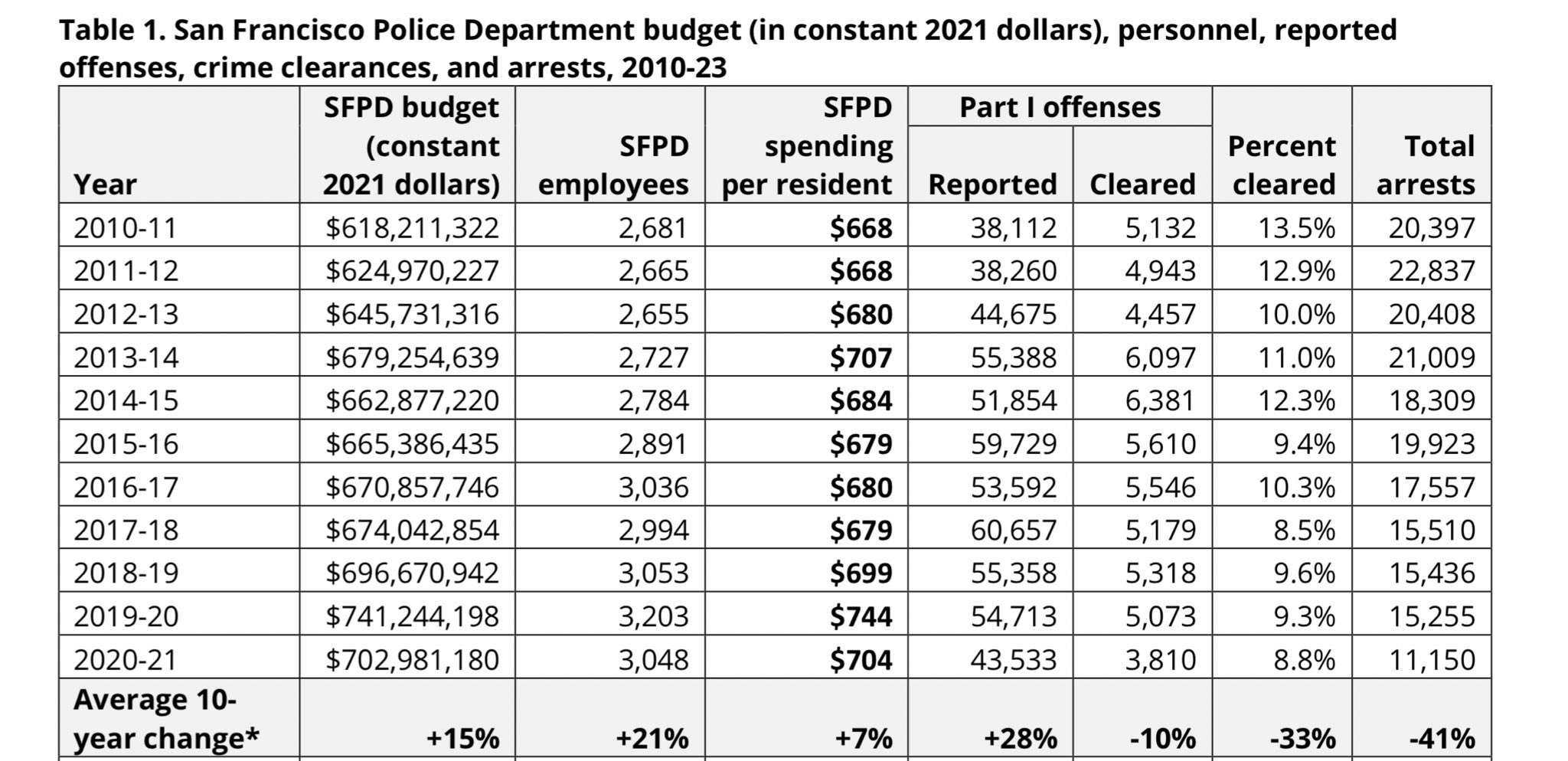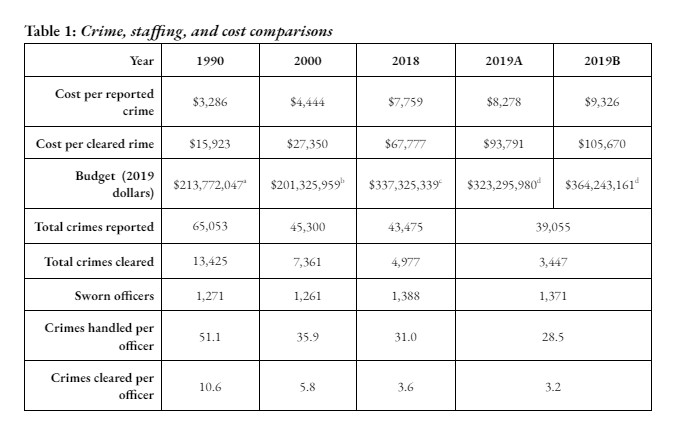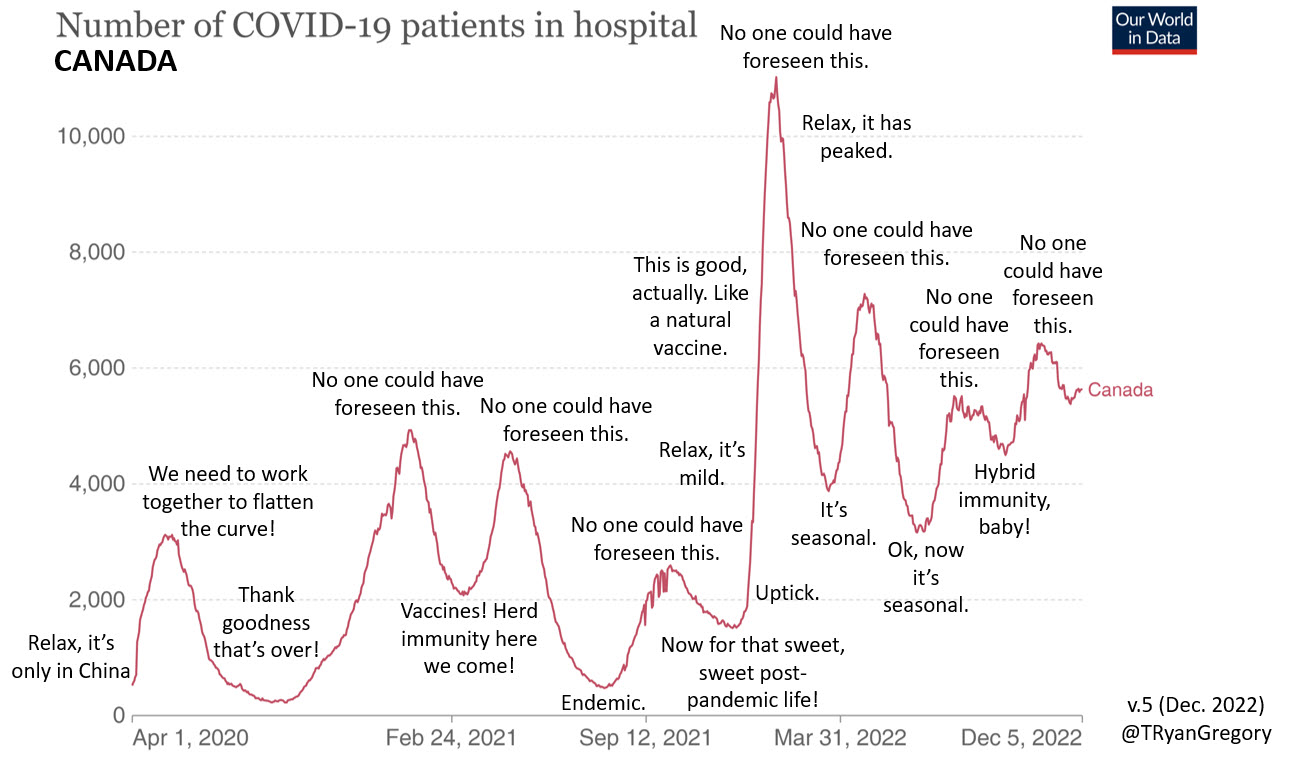Many posts I write aren’t intended to be persuasive if you don’t already agree with me on some axes. Take, for example, the post “some acts are always evil.” I chose rape as my example: it is not possible to have a justified rape. If you agree with this, you’ll agree that some acts are always evil. If you don’t think rape is never justified, then my argument won’t work with you, and indeed it didn’t work with all the commenters for just that reason.
There are three primary elements of persuasion.
The first might be called beneficence or trust or sometimes even disinterest. If you’re trying to persuade me to do or believe something, I want to know that you have my best interests at heart: that you aren’t trying to persuade me because it’s good for you that I agree, but not good for me. This is the entire thesis of the book “How To Make Friends And Influence People.” It’s the basis of all win/win negotiating methods. It makes a huge difference.
Disinterest is the intellectual version of this, meant more for changing minds than making deals. It is a “I just follow the logic or facts wherever they go and accept the conclusions.” If you’re obviously arguing “from interest” people will tend not to believe what you say about issues unless they share the same interest as you.
The second might be called competence or wisdom or knowledge. This is the “do you know what you’re talking about” check. Perhaps you’re arguing win/win that we should attack that tiger and take its lunch, but if I don’t think you know how to beat that tiger, it sure ain’t looking like a win/win to me. Professionals trade on this sort of thing, “I have training”. The guy or gal trying to tell you how to do well on dates or get a romantic partner needs to have a happy relationship or be constantly seen with beautiful women or handsome men. The person preaching how to get rich has to be rich, and so on.
I used to think this really, really mattered and in my early years of blogging I would write posts tallying up my predictions and how well they had done, with what a friend once called “Stalinist self-criticism.” I thought that if I proved I was usually right about certain subjects, people would trust me on those subjects.
Worked with some people, but not with most. It took me about five years to realize this intellectually, and another 6 years or so to understand it emotionally.
So this factor matters, but it’s only one factor and I would say that in most circumstances it isn’t most important factor.
The third factor of persuasion is what might be called mode. This how you persuade people: perhaps you make that appeal to authority. Perhaps you are friendly. Perhaps you simply make your statements confidently as if no one could doubt you. Perhaps show that what you say follows logically if people accept your premises (this is what I did in the “some acts are always evil post”, using rape as being always evil.) Perhaps you reason inductively “we can find hundreds of samples of this situation an in every or almost all case it went the way I say.”
There are socially dominant modes in different periods, societies and social groups. Scientists, at least in principle, should be convinced by evidence supporting hypotheses. Scholastic academics of the middle ages wanted one to use a combination of Aristotlean logic and biblical revelation. In most societies which have ever existed “this is how we’ve always done it’ was a killer argument. In others “I’ve got a big sword and lots of muscular friends” more or less worked, especially when willing to kill enough people.
In spiritual groups, showing that you appear to have attainments like calm and dispassion or universal love or the ability to concentrate for hours engenders trust in some people. In older societies performing miracles engendered trust (and whatever you think about it they genuinely believed in miracles and appear to have experienced them.) In established religions and with believers showing that the religious texts support what you say is an important mode.
Beneficience, competence and mode. It’s hard to get all three moving at the same time simply because different groups have different ideas of what qualifies one as competent. They shade easily into each other: the mode of arguing from scripture also suggests that the people who are qualified (competent) are priests or monks or theologians, for example. People who believe in the scientific mode of reasoning will tend to trust scientists, giving them more benefit of the doubt than non-scientists even if the non scientists are using the scientific method.
A simply summation of what works best might be “one of us and one of our leaders.” That combines an assumption of beneficience (group members want what is good for group members), competence (has risen to leadership) and mode, because a leading group member will almost always use the mode appropriate to the group.
All of these factors of persuasion can be hacked. Do Biden or Trump or Clinton or Bush care about average Americans? Of course not. There is no beneficience in most senior politicians for the masses. Are they competent? Well, maybe at making the rich richer and at campaigning, but at making everyone better off and safer? Of course not. As for mode, well, they’re usually good at adopting appropriate modes, but the recent example of Trump shows that what modes can work is a lot different from what modes are normal.
I tend to think that the most effective factor is beneficience. People are more tribal than anything else, and if you can get them thinking you’re one of them (even if you aren’t, which is usually the case with politicians) and acting in their best interests, enough of them will believe almost anything to get you what you want.
If you don’t want to be persuaded by con men and psychopaths, don’t believe “one of us” from anyone who either doesn’t have the same interests as you or whose interests, at least, aren’t actively engaged: whose well-being isn’t effected if you believe them or don’t.
This is a donor supported site, so if you value the writing, please DONATE or SUBSCRIBE.

